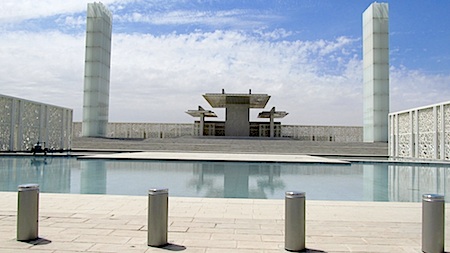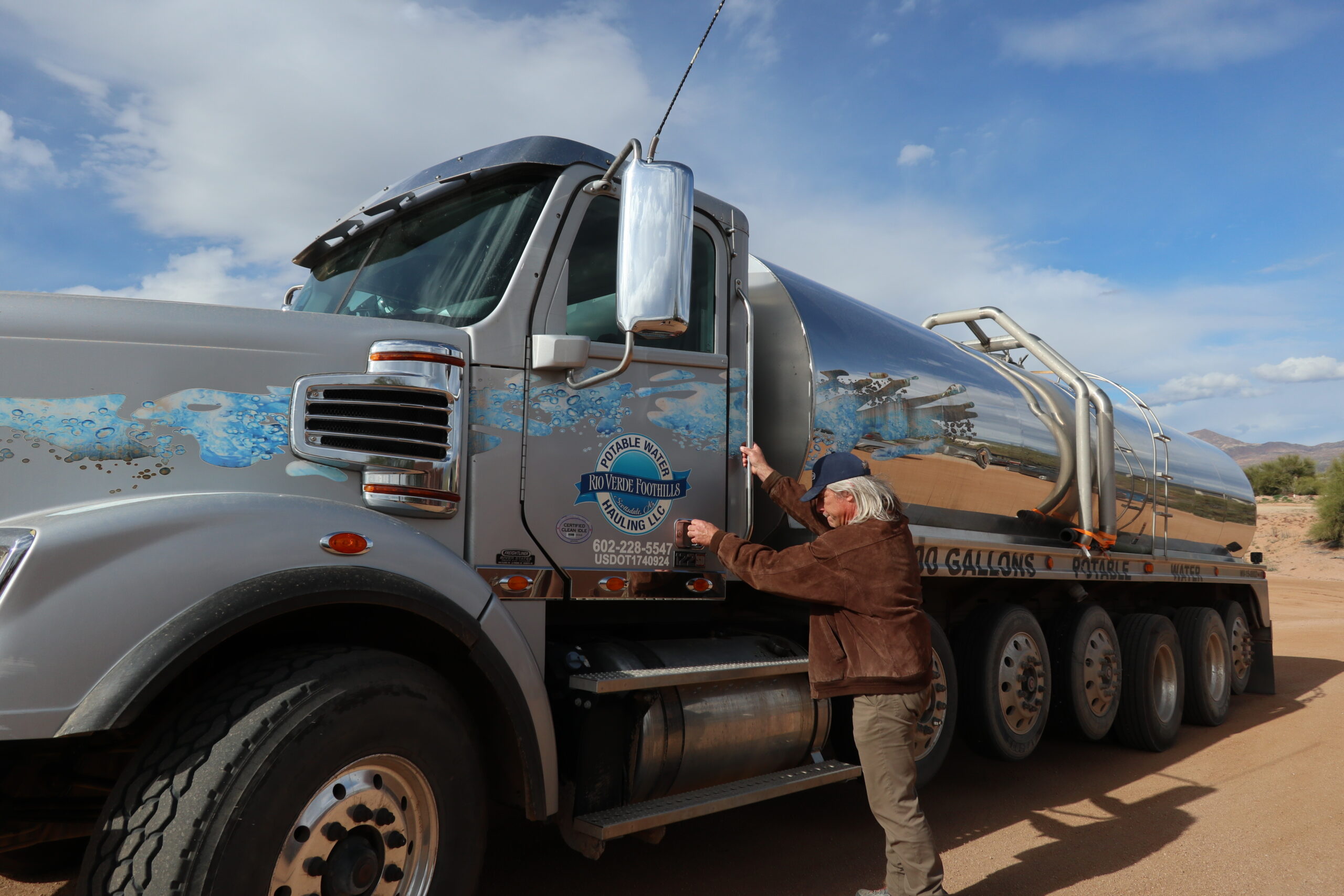
DOHA, Qatar — Seventy-five years ago all of Qatar, a nation of sand and Arabian (Persian) Gulf shoreline roughly the size of Connecticut, was home to 25,000 residents. Fishing was an economic mainstay. So was spending weeks at sea diving for pearls. Doha, the capital city, was a seaside village.
Qatar today is a nation of nearly 2 million people and Doha, its capital and a city swelled by hydrocarbon wealth and Arab ambition, is where almost 80 percent of them live. In 1940, oil was discovered in the country’s north. In 1971, the world’s largest natural gas field was found offshore.
The sizable fuel reserves makes Qatar a significant player in the global economy and international security. Qatar, the world’s fifth largest producer of natural gas and 19th largest oil producer, exports most of its gas and oil. The revenue, over $100 billion annually, built an impressive skyline, constructed miles of highways, and coaxed five American universities to dispatch faculty and staff to an impressive collection of architecturally distinguished university buildings here known as Education City.
Still, underlying the dust and traffic and frenzy of new construction is a distinctive compact between the desert ecology and the high octane economy. In almost every way conceivable Qatar and its largest city are testing the durability of a resource-limited civilization that has plenty of fossil fuel and wealth, a storehouse of ingenuity, ample sun and sand, but not much else.
At the top of the list of resources that don’t exist in Qatar, or are in short supply, is fresh water. Average annual rainfall measures around 74 millimeters. That’s less than three inches. There are no lakes, no streams, no rivers in the entire country. What little shallow groundwater is available was exhausted decades ago in many regions, and is close to doing so in the rest. The deeper groundwater, so called “fossil” groundwater, is being depleted at a rate four to five times higher than available rainfall can recharge the aquifers.
Qatar’s fresh water is supplied by desalination plants, which require a significant share — one fifth according to the latest analysis — of the country’s electrical generating capacity. And demand for water, which is supplied free to the country’s native-born Qataris and at significantly subsidized low cost to everybody else, is rising. A number of recent studies of water use here found that Qatar’s per capita water consumption is among the world’s highest.
Other resources in short supply in Qatar are good soil, minerals, timber, and people. With the exception of its storehouse of oil and natural gas, Qatar imports almost all of the basic materials of its growing civilization. Ninety percent of its food comes from outside Qatar’s borders. All of the country’s transportation network was built with imported materials or moves on imported equipment.
There are 300,000 native Qataris, a community that has gained the distinction of having the highest per capita incomes in the world. There are 1.6 million emigre laborers, office workers, drivers, tradesmen, professional staffers, researchers, scientists, and technical specialists imported from every corner of the world. They work here under fixed contracts that typically call for two years of service.
Qatar is clearly satisfied with the arrangement. Citizenship is reserved for native Qataris. In effect, Qatar is building its modern desert civilization with itinerant laborers and talent who churn through the country without laying down roots.
Carl Ganter and I are traveling in Qatar this week to learn more about this nation rich in oil and gas, but poor in water and other resources. In the global confrontation between rising demand for energy and food, and diminishing freshwater reserves, Qatar’s challenge is more apparent than almost anywhere else, and profoundly significant.
— Keith Schneider

